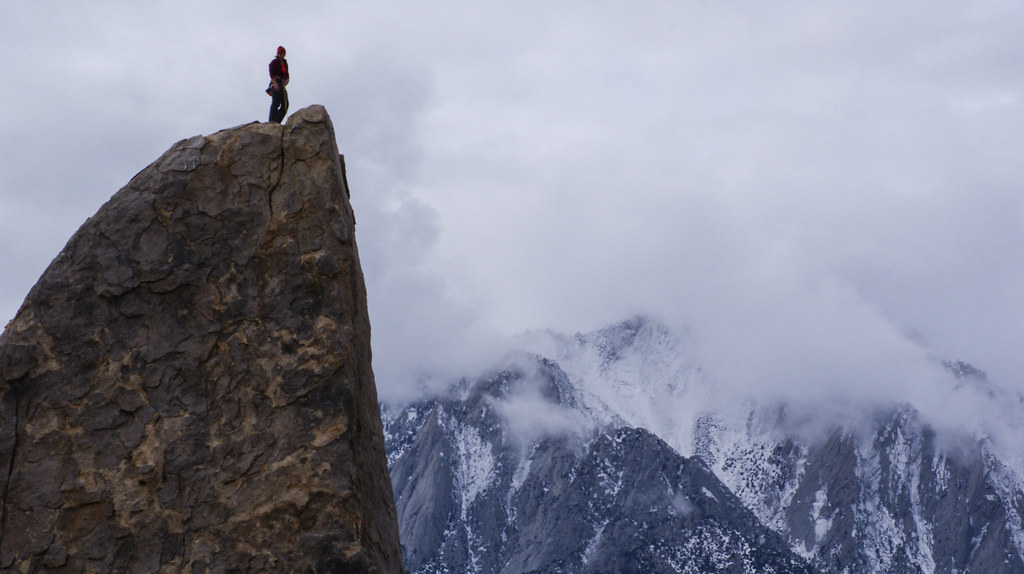
Alright, buckle up, film fanatics, because we’re taking a groovy trip back to the 1970s! This was a decade that didn’t just give us bell-bottoms and disco; it completely revolutionized Hollywood, particularly when it came to its leading men. Out went the squeaky-clean, classic gentlemen of old, and in swaggered a whole new breed of star: rugged, refreshingly real, and often found walking that blurred line between hero and anti-hero.
From gritty underdogs to characters who dared to challenge the status quo, these male stars weren’t just actors; they were cultural phenomena who brought an unprecedented style and depth to the big screen. They embraced complexity, charisma, and a certain kind of raw authenticity that audiences couldn’t get enough of. These were the guys who didn’t just play cool; they *were* cool, defining a generation with their unforgettable performances and rebellious spirits.
So, prepare to be charmed, thrilled, and maybe even a little obsessed as we journey through the careers of some of the biggest male stars of the 70s, exploring how they didn’t just star in movies, but fundamentally changed Hollywood forever. Let’s get into the legends who owned the decade and left an indelible mark on cinematic history!
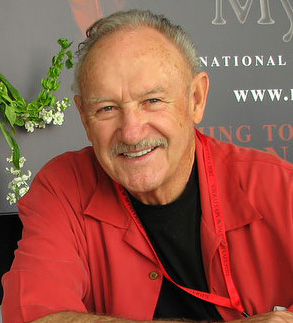
1. **Gene Hackman: The Everyman with Intense Star Power**First up on our incredible list is Gene Hackman, a man who truly brought something wonderfully different to the silver screen. While many of his contemporaries might have boasted classic Hollywood good looks, Hackman offered a unique intensity, flawlessly blended with an everyday charm that made audiences truly connect with and believe in every single character he brought to life. He wasn’t just acting; he was embodying humanity, flaws and all, and it was absolutely captivating.
Throughout the entire decade, Hackman was on an unstoppable roll, knocking out one unforgettable role after another, each performance more compelling than the last. We’re talking about his Oscar-winning, powerhouse role as Popeye Doyle in the gritty classic “The French Connection,” where he redefined the tough cop archetype. Then there was his haunting, understated work in “The Conversation,” showcasing a vulnerability rarely seen in leading men of the era.
And let’s not forget his surprisingly versatile turn as the iconic villain Lex Luthor in “Superman,” which just proved he could truly do it all! Unlike the perfectly sculpted ‘pretty boys’ of previous eras, Hackman was living proof that true star power wasn’t just about flawless features, but about sheer skill, undeniable presence, and the ability to command every frame he was in. His everyman appeal resonated deeply with audiences, earning him not just critical acclaim but also the profound respect of his fellow actors, cementing his legendary status.
His impressive filmography from the 70s led to some serious box office numbers, contributing to his total adjusted domestic box office of $2,595,200,000, placing him among the decade’s highest earners. Critics and audiences alike often praised his performances, with his average critic and audience rating hovering around a respectable 70.3%. Gene Hackman wasn’t just a star; he was a master craftsman who made every role his own, leaving a legacy that still inspires actors today.
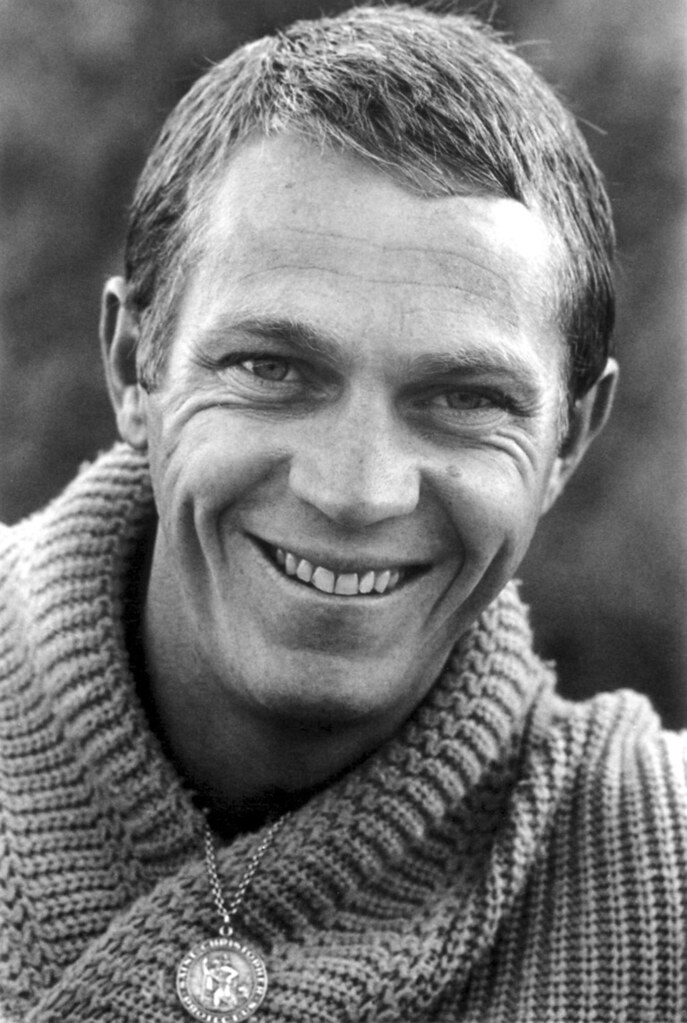
2. **Steve McQueen: The King of Cool’s Authentic Edge**Next, let’s talk about the one and only Steve McQueen, a man whose very name still screams ‘cool’ decades later! This former mechanic-turned-movie star brought an authentic, gritty edge to every single role he inhabited, making him a magnetic force on screen. Whether he was tearing up the track in high-octane car races in “Le Mans” or portraying a no-nonsense cop in the iconic “Bullitt,” his rare and potent mix of danger and undeniable charm kept audiences absolutely glued to their screens.
Even in a decade absolutely packed with tough guys and rugged anti-heroes, McQueen stood head and shoulders above the rest. And, honestly, it probably didn’t hurt that he trained in martial arts with the legendary Bruce Lee himself – how cool is that?! Hollywood didn’t just *call* him “The King of Cool,” they declared it as his rightful title, and boy, did it fit like a glove. He wasn’t just playing a part; he was living it, often doing many of his own death-defying stunts and even racing motorcycles off-screen, bringing that same wild, untamed energy directly into his cinematic roles.
McQueen’s incredible range shone brightly in films like “The Getaway” and “Papillon,” where he proved with effortless ease that he could carry serious, heavy drama just as masterfully as he dominated action-packed sequences. He was a force of nature, a true original who transcended typical movie star glamour. Before his tragically early death in 1980, Steve McQueen had already earned his legendary legacy as one of the biggest and, without a doubt, one of the coolest male stars of the entire 70s decade. His influence on what it means to be a charismatic, independent leading man is truly immeasurable.
His films during the 70s were major draws, contributing to his total adjusted domestic box office of $1,325,000,000. He also maintained strong critical reception, with an average critic and audience rating of 70.4%, and an impressive Ultimate Movie Ranking (UMR) score of 73.24. McQueen was more than just an actor; he was a lifestyle, an attitude, and a defining face of 70s cinema.
Read more about: Beyond the Stunts: Why Steve McQueen’s 14 Iconic Roles Still Define Action Cool for Generations
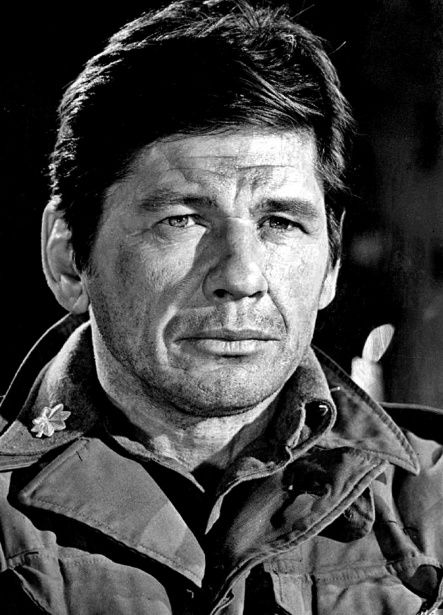
3. **Charles Bronson: The Hard-Fought Rise of the Vigilante Icon**Prepare for a story of grit and sheer determination, because Charles Bronson earned his rightful place as one of the biggest male stars of the 70s the absolute hard way. This wasn’t a man born into Hollywood privilege; as a former coal miner, he literally fought his way up from being a character actor to an undeniable superstar, embodying the tough, no-nonsense spirit of the working man. His journey is a testament to perseverance and raw talent, carving a unique niche in an evolving industry.
For Bronson, everything dramatically changed with the release of “Death Wish.” This groundbreaking film tapped directly into America’s simmering fear of urban crime, capturing the anxieties of a nation and turning Bronson into a household name overnight. He became the face of a new, controversial kind of justice – a vigilante hero for a troubled era. The film was a cultural earthquake, and Bronson was its undeniable epicenter.
Following that colossal success, he appeared in a string of hits that showcased his surprisingly broad range, including the western “Chato’s Land” and the intense thriller “The Mechanic.” Meanwhile, his reputation wasn’t just growing stateside; it exploded overseas! Europeans, particularly the passionate Italians, affectionately (or perhaps intimidatingly) called him “Il Brutto” – literally, “the ugly one.” But Bronson, being Bronson, wore that moniker like a badge of honor, truly cementing his place as an unconventional, yet utterly beloved, star on our list.
Even when things got a little spicy on set, as they did during the filming of “Mr. Majestyk” when he famously expressed his frustration with production delays by shouting, “You know what this company needs—it needs a European first assistant and a European crew!”, Bronson’s powerful screen presence remained undimmed. He wasn’t just a movie star; he was an icon of stoic strength and unwavering resolve, defining the anti-hero through sheer force of will and a gaze that could melt steel. Bronson’s impact on the vigilante genre and on 70s cinema is undeniable, proving that rugged authenticity trumps conventional good looks any day of the week.
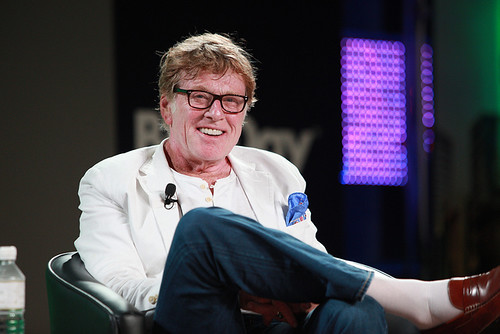
4. **Robert Redford: The Golden Boy with Rugged Sophistication**Now, let’s talk about another one of the biggest – and undeniably most handsome – male stars of the 70s: the legendary Robert Redford. Redford truly embodied 70s Hollywood handsomeness with his breathtaking golden hair, piercing blue eyes, and chiseled features that could grace any silver screen. But beyond his stunning looks, his natural acting talent and remarkable versatility set an entirely new standard for leading men of the entire decade.
His iconic role as the charming outlaw Sundance in “Butch Cassidy and the Sundance Kid” wasn’t just a hit; it launched him into a decade of unparalleled stardom, making him a household name and a heartthrob for millions. Like many of this era’s defining actors, Redford’s immense appeal undeniably stemmed from his ruggedness, a raw, untamed quality that resonated with the anti-establishment mood of the times. He had that perfect blend of outdoorsy charm and undeniable masculinity.
However, what truly set him apart was his distinctive element of sophistication. This allowed him to effortlessly portray both rough-and-tumble outlaws, like Sundance, and impeccably polished gentlemen, demonstrating a remarkable range that few could match. Films like the unforgettable “The Sting” and the emotionally rich “The Way We Were” didn’t just highlight his captivating looks; they powerfully showcased his profound acting talent, solidifying Redford’s status as one of the biggest and most revered male stars of the 70s. He was a true phenomenon, combining classic movie star allure with modern depth.
Redford’s box office prowess was legendary, topping the list of adjusted domestic box office leaders from 1970-1979 with an astounding $3,172,900,000. He consistently received high praise from critics and audiences, boasting an average rating of 71.2% and an impressive UMR score of 80.48. He wasn’t just a star; he was a benchmark for cinematic excellence, a true golden boy who could do no wrong.
Read more about: Steer Clear of the Wallet-Wreckers: Unmasking 15 Problematic Rides That Rack Up Astronomical Repair Bills
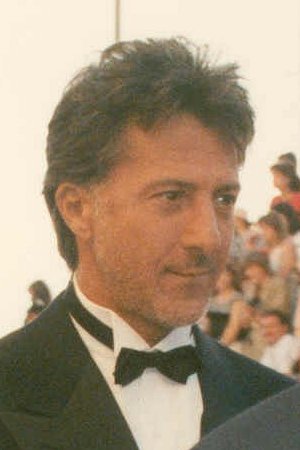
5. **Dustin Hoffman: The Unlikely Leading Man Who Redefined Stardom**Alternatively, prepare to be amazed by Dustin Hoffman, a force of nature who absolutely smashed the traditional mold of Hollywood’s leading man in the 70s. Standing at a modest 5’6″, intense, and decidedly, gloriously unglamorous by conventional standards, Hoffman completely redefined what a male movie star could look like and, more importantly, *be*. And guess what? Audiences couldn’t get enough of this refreshing, authentic talent.
His breakthrough, truly transformative role in “The Graduate” had already set the stage for the groundbreaking decade to come, showcasing his unique ability to portray complex, often anxious characters. As the 70s unfolded, Hoffman fearlessly took on one daring, challenging role after another, each more immersive than the last. He dove headfirst into the gritty, unforgettable world of “Midnight Cowboy” and, with an intense performance in “Straw Dogs,” sparked considerable controversy playing a mathematician pushed to shocking violence.
By the time he captivated audiences as a divorced dad grappling with co-parenting in the powerful drama “Kramer vs. Kramer,” he had, without a shadow of a doubt, proven his extraordinary talent and range. Critics adored him, showering him with accolades and rave reviews. Fans packed theaters, eager to witness his next masterful transformation. And his fellow actors? They studied his every nuanced move, recognizing a true master at work.
In an era bursting with larger-than-life personalities and showy performances, Hoffman consistently chose subtle over spectacle, finding profound depth in quiet intensity. Yet, with his unparalleled skill and magnetic presence, he somehow still managed to steal every single scene he was in, making him an unforgettable presence. Even a legend like Laurence Olivier famously quipped, “Next time try acting,” during the filming of “Marathon Man,” perhaps a testament to Hoffman’s intense method acting process. Dustin Hoffman wasn’t just an actor; he was a revolutionary, proving that true stardom comes from undeniable talent and authenticity, not just a pretty face.
Hoffman’s films generated significant revenue, contributing to his total adjusted domestic box office of $1,951,600,000. Critically, he was often lauded, with an average critic and audience rating of 77.0% and an impressive UMR score of 78.42. He proved that unconventional could be utterly compelling, forever changing the landscape of what a leading man could be.
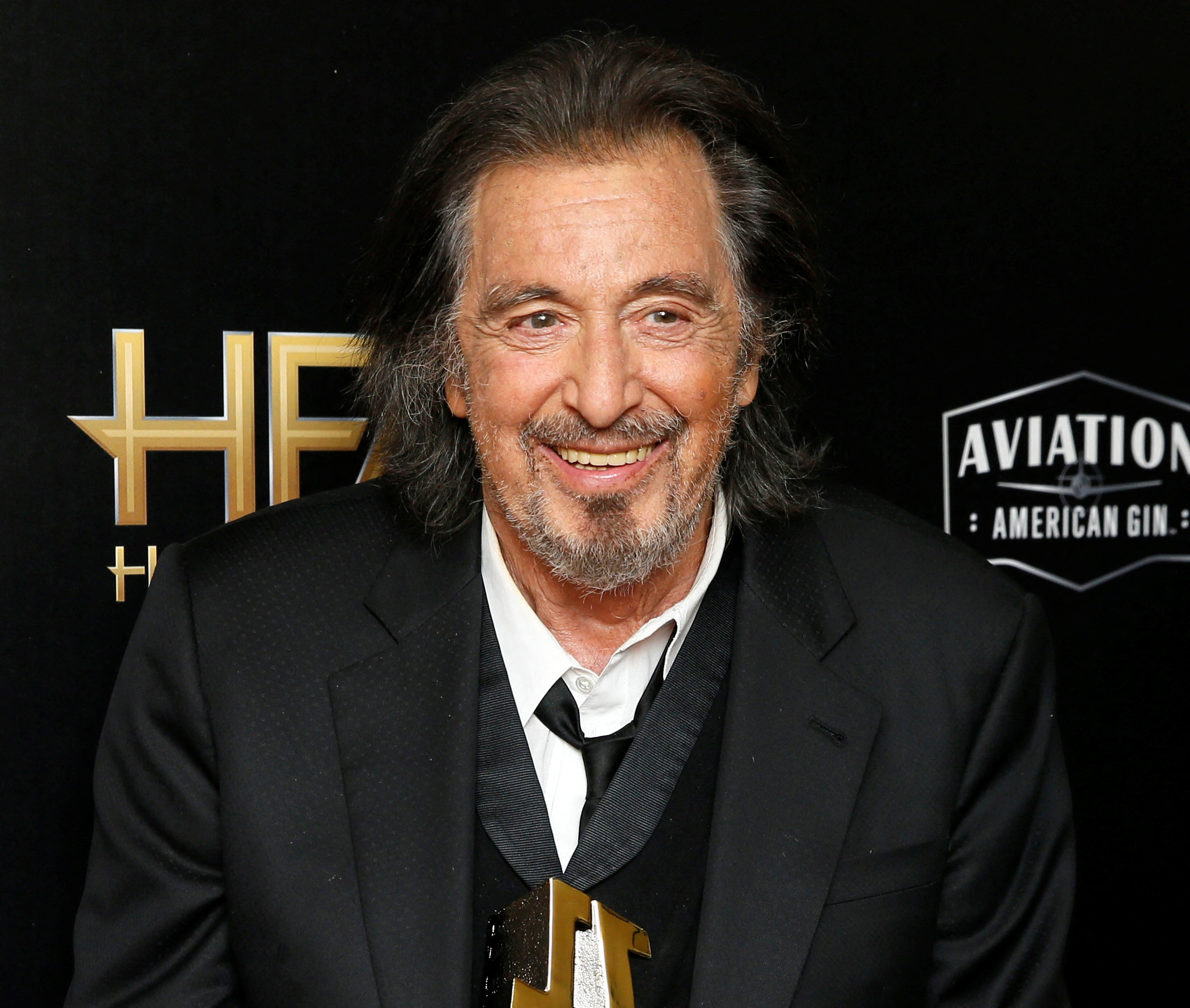
6. **Al Pacino: From Bronx Theater Kid to Magnetic Mafia Boss**Get ready for intense gazes and unforgettable performances, because Al Pacino bursts onto our list, a true titan of 70s cinema! Fresh from the vibrant, demanding stages of New York theater, Pacino brought a raw, electrifying energy and a dedication to method acting that soared to new heights. His transformative portrayal of Michael Corleone in the monumental “The Godfather” was nothing short of legendary, depicting his evolution from a shy, unassuming college kid to the chillingly calculating and powerful mafia boss. It was a masterclass in character development, played out before our very eyes.
Many fans often felt that Pacino possessed the extraordinary ability to speak volumes with just his eyes alone; his intense, dark gaze captivated audiences, conveying layers of emotion and unspoken thoughts that resonated deeply. As the decade progressed, each of his roles seemed to hit harder and make a more profound impact than the last, cementing his reputation as an actor of immense power and depth.
Of course, he reprised his iconic role in the equally brilliant “The Godfather Part II,” deepening the legend of Michael Corleone. Later, his unforgettable performances in gritty, true-to-life dramas like “Serpico” and the harrowing “Dog Day Afternoon” earned Pacino his undeniable status as one of the biggest and most revered male stars of the 70s. He wasn’t just acting; he was living these characters, pushing the boundaries of realism in cinema.
By the time the 70s drew to a close, this incredibly gifted former theater kid from the Bronx had not only conquered Hollywood but had also become one of its most magnetic, electrifying, and enduring stars. Pacino’s dedication to his craft and his ability to inhabit complex, often morally ambiguous characters made him the quintessential anti-hero, a star whose intensity burned brighter with every role, leaving audiences breathless. He was so impactful that he was peeved his initial Oscar nomination for “The Godfather” was for supporting actor, and went on to be nominated as lead actor four more times that decade, proving his leading man status.
Pacino’s films were critically acclaimed and commercially successful, contributing to his total adjusted domestic box office of $1,677,700,000. He boasted the highest average critic and audience rating among these stars at 81.8% and an exceptional UMR score of 84.98, reflecting his unparalleled artistry. Al Pacino truly solidified his place as a cinematic force, a performer who could speak volumes without saying a word, captivating audiences with his profound emotional depth and piercing intensity.
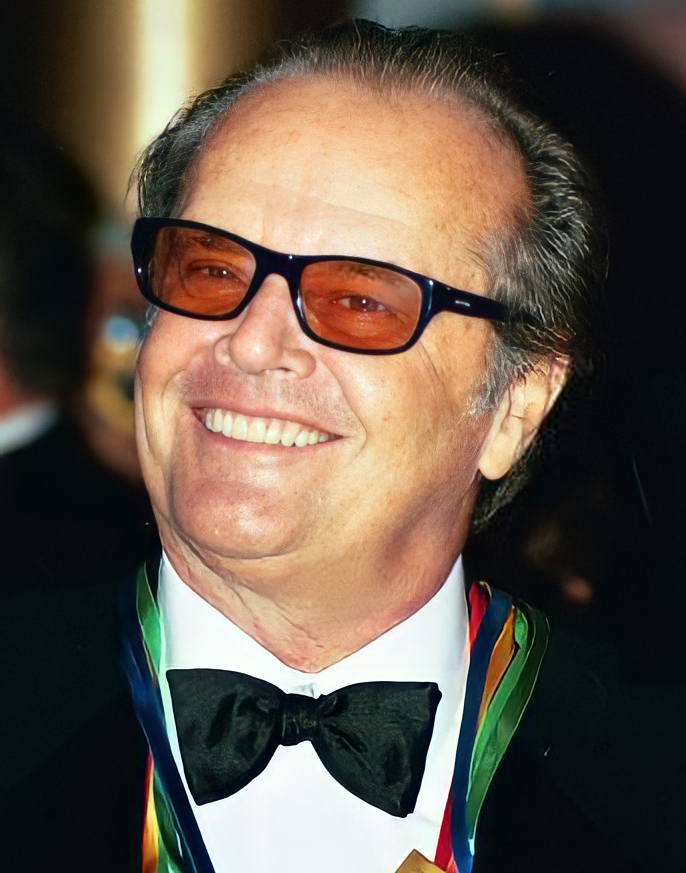
7. **Jack Nicholson: The Wild Card Who Ruled the Roost**Alright, are you ready for the ultimate Hollywood wild card? Because next up, we’ve got the one, the only, Jack Nicholson! This guy didn’t just star in movies; he *ruled* Hollywood in the 70s, embodying a raw, rebellious energy that perfectly captured the era’s anti-establishment vibe. With that unforgettable grin and those piercing eyes, Nicholson brought a captivating intensity and a devil-may-care attitude to every single role, creating a persona that was utterly unique and completely irresistible.
It was 1970’s “Five Easy Pieces” that truly cemented his iconic persona, launching him into a decade of delivering one powerhouse performance after another. He effortlessly transformed into some of the most complex characters to ever grace the screen, giving us the unforgettable McMurphy in “One Flew Over the Cuckoo’s Nest,” a role that earned him his first of three Oscars and is still talked about today! And who could ever forget his brilliant turn as the hard-boiled detective in “Chinatown,” or the compelling sailor in “The Last Detail”? Seriously, the man was on a roll!
But it wasn’t just his incredible acting chops that made him a superstar. Nicholson wasn’t afraid to flaunt his “bad boy” lifestyle, which, let’s be honest, only made him even *cooler* in the eyes of his legion of fans. He dated Hollywood’s leading ladies, partied with fellow icon Warren Beatty, and just generally lived life on his own terms. This larger-than-life presence, both on and off screen, solidified his status as one of the decade’s definitive movie stars and a true face of 70s cool.
His critical acclaim was through the roof, with his average critic and audience rating hovering around an impressive 71.9%. He garnered five Oscar nominations during this electrifying decade, clinching a Best Actor win for “Cuckoo’s Nest” in 1975. Jack Nicholson wasn’t just an actor; he was a cultural phenomenon, a rebellious spirit who perfectly encapsulated the wild, untamed heart of 70s cinema and left an indelible mark on Hollywood history.
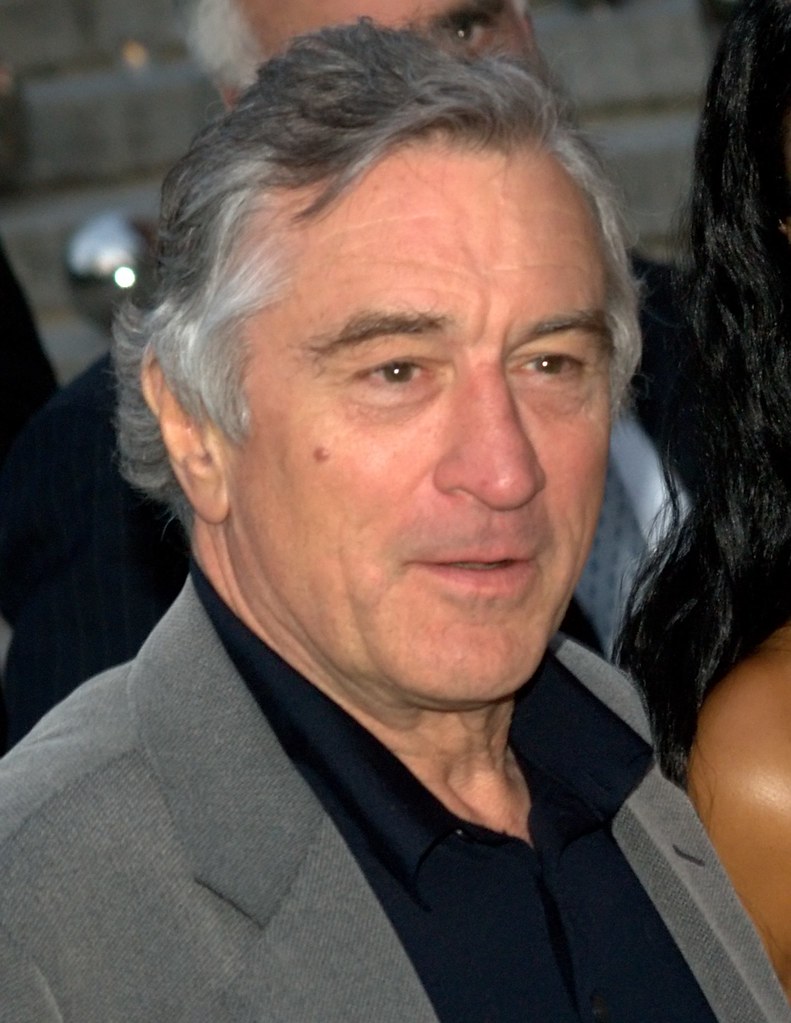
8. **Robert De Niro: The Master of Transformation**Hold onto your seats, because when we talk about the biggest male stars of the 70s, we absolutely HAVE to talk about Robert De Niro! This guy is the definition of a chameleon actor, immersing himself so deeply into every character that you’d swear he *was* them. His intense dedication and unparalleled ability to transform himself physically and emotionally for each role redefined what was even possible in American film acting, setting a new benchmark for performers everywhere.
De Niro first turned heads with his gripping performance in Martin Scorsese’s “Mean Streets,” a film that marked the beginning of one of cinema’s most legendary collaborations. But it was his astonishing portrayal of young Vito Corleone in Francis Ford Coppola’s “The Godfather Part II” that truly blew audiences away and earned him his first Oscar. Talk about dedication – he mastered the intricate Italian dialect, meticulously studied Sicilian mannerisms, and even lived in Sicily to prepare for the role! That’s not just acting; that’s *becoming* the character!
His incredible commitment didn’t stop there. For “Taxi Driver,” he famously worked shifts as a New York City taxi driver to truly understand the psyche of Travis Bickle. That legendary, improvised line, “You talking to me?” – which literally only existed as “Travis looks in the mirror” in the script – became one of cinema’s most iconic moments, cementing De Niro’s place in pop culture history. He was fearless, pushing boundaries and bringing an unsettling realism to his gritty, complex characters.
Through his groundbreaking partnerships with visionary director Martin Scorsese, De Niro delivered some of the most defining performances of the decade, crafting a legacy of raw intensity and psychological depth that few could ever hope to match. He brought a searing honesty to every frame, solidifying his status as a true acting titan and an undeniable force in the ‘New Hollywood’ era.
Read more about: Beyond the Red Carpet: 14 Global A-List Actors & Actresses Who Truly Define Stardom
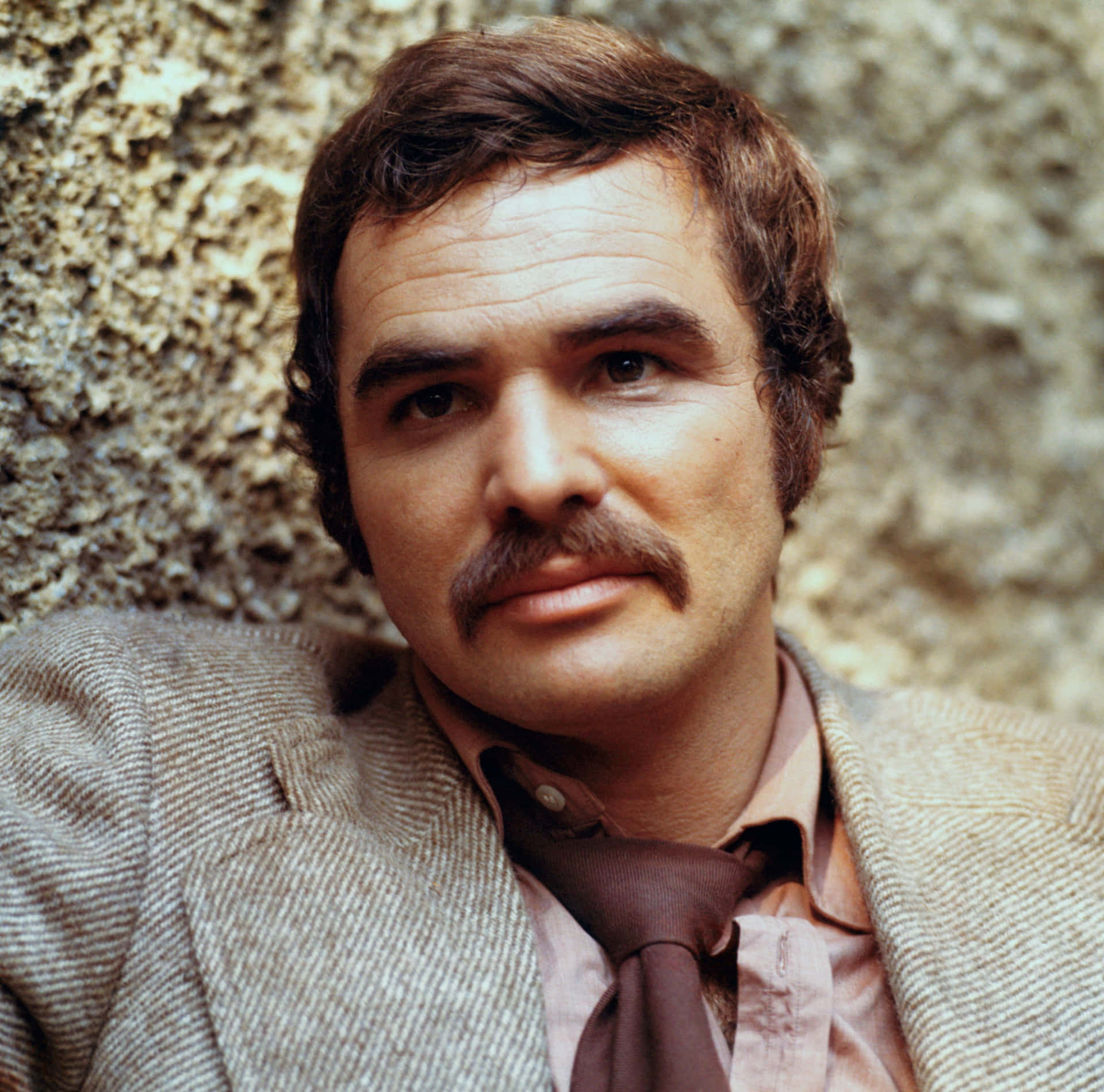
9. **Burt Reynolds: The Macho Heartthrob with a Twinkle in His Eye**Get ready to swoon, because next up, we’re celebrating the one and only Burt Reynolds, a man who didn’t just star in movies, he *owned* the big screen in the 70s with his irresistible macho persona! This guy was the quintessential heartthrob, blending rugged good looks with a charisma that just oozed off the screen. Seriously, who else could pull off that thick mustache, those twinkling eyes, and that devilish grin with such effortless charm?
His breakthrough role in the gritty 1972 classic “Deliverance” didn’t just showcase his serious acting skills; it put his undeniable physical appeal on full display, instantly making him a symbol for the entire decade. Reynolds had this incredible ability to be both desirable and totally relatable, thanks to his muscular yet attainable physique. He wasn’t just a movie star; he was *the* guy everyone wanted to be friends with, or, let’s be real, date!
But beyond his iconic looks, Reynolds brought a refreshingly laid-back confidence and a fantastic sense of self-deprecating humor to his roles. His easygoing Southern charm and willingness to laugh at himself made him incredibly approachable, setting him apart from many of the more intense anti-heroes of the era. He proved that you could be tough, handsome, and hilarious all at once, making him a truly unique and beloved figure among the biggest male stars of the 70s.
He followed up “Deliverance” with a string of moneymaking blockbusters like “The Longest Yard” and the absolute smash hit “Smokey And The Bandit,” which further cemented his status as a box office king. His total adjusted domestic box office from 1970-1979 reached an astounding $3,101,600,000, making him the second-highest earner of the decade! Burt Reynolds wasn’t just a star; he was a cultural icon who defined a certain brand of cool that audiences simply adored.

10. **Clint Eastwood: The Gritty Anti-Hero with an Iron Will**Prepare for a dose of iconic toughness, because our next legend is none other than Clint Eastwood, the man whose stoic gaze and unwavering resolve became synonymous with the anti-hero genre! After making his mark in TV’s “Rawhide” and the legendary “spaghetti westerns” of the 1960s, Eastwood exploded onto the silver screen in the 70s, forever changing the landscape of cinematic justice and cool.
It was his seminal role as the title character in 1971’s “Dirty Harry” that truly launched him into the stratosphere of pop culture stardom. As the angry, no-nonsense cop determined to use “any means” necessary to track down a psychopathic killer, Eastwood embodied a new, morally ambiguous kind of hero that resonated deeply with a turbulent America. He wasn’t just playing a character; he was portraying a fierce, unyielding force of nature who challenged conventional morality and got things done, no matter the cost.
Eastwood’s distinct contribution to Hollywood’s ‘New Wave’ era was his ability to perfect the strong, silent type, often operating outside the lines, with a quiet intensity that spoke volumes. He proved that a hero didn’t need to be overtly expressive to be compelling; his sheer presence and steely determination were more than enough to command every scene. This made him a defining face of the anti-establishment mood that permeated 70s cinema.
Beyond his commanding performances, Eastwood also demonstrated an early entrepreneurial spirit, starting his own production company. His lasting influence on pop culture is immense, with “Dirty Harry” alone spawning a franchise and countless imitations. Still acting, directing, and producing into his 90s, Clint Eastwood remains an enduring symbol of American grit, independence, and a particular brand of cool that is uniquely his own, cementing his place among the decade’s top performers.
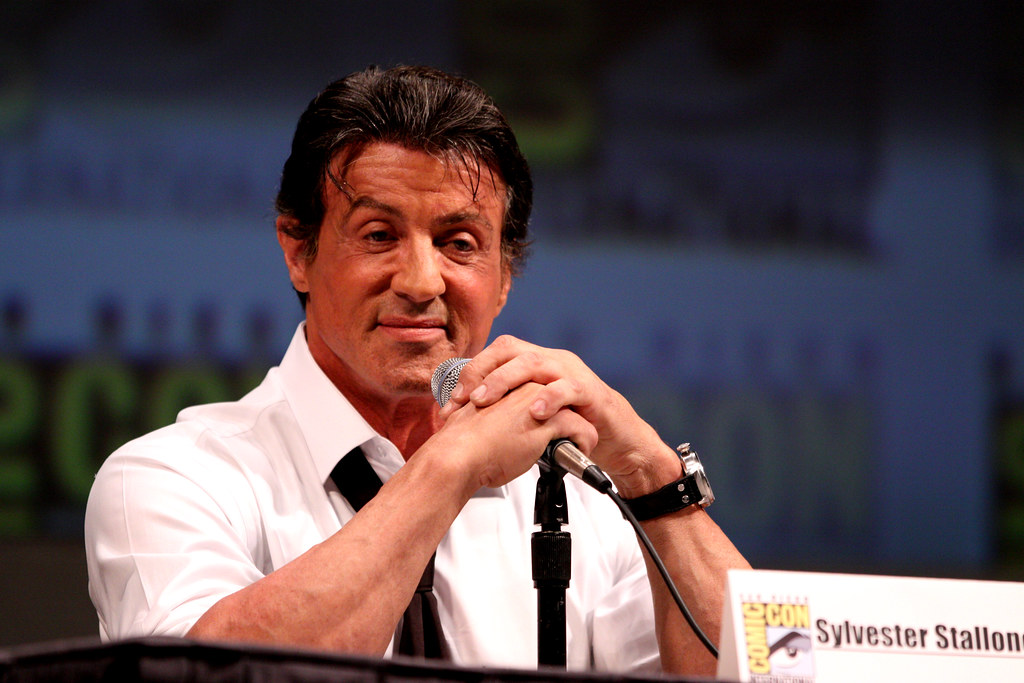
11. **Sylvester Stallone: The Underdog Who Fought His Way to Stardom**Alright, get ready for an inspiring tale of grit and perseverance, because coming in hot is Sylvester Stallone, the ultimate underdog who literally wrote his own ticket to Hollywood stardom! Before he became a global action icon, Stallone was a struggling actor with a dream, a true testament to the power of unwavering determination and belief in oneself.
His legendary story begins with an electrifying Muhammad Ali fight that inspired him to pen a screenplay about a struggling boxer. But here’s the kicker: he wouldn’t just sell the script; he demanded to play the lead role himself! This audacious move paid off in spades when “Rocky” hit theaters in 1976. Filmed on a shoe-string budget, this heartwarming and gritty tale of a Philadelphia underdog captivated audiences worldwide, defying all expectations to win the Academy Awards for Best Picture, Best Direction, and Best Editing. Talk about a knockout!
“Rocky” wasn’t just a movie; it was a cultural phenomenon, an anthem for anyone who ever dared to dream big. Stallone’s portrayal of Rocky Balboa, the endearing, relatable fighter with a heart of gold, perfectly embodied the anti-hero archetype – a working-class guy who, despite all odds, kept fighting. He was the everyman hero the 70s craved, proving that strength wasn’t just about muscles, but about spirit and refusing to give up.
Riding on the monumental success of the first film, Stallone ensured he directed the sequel, “Rocky II,” which roared into theaters in 1979. This film further solidified his box office appeal and firmly established him as a bona fide action star for decades to come. Sylvester Stallone didn’t just star in movies; he created an enduring legend, a character that continues to inspire millions, making him an undeniable force and a defining face of cool and perseverance in 70s cinema.
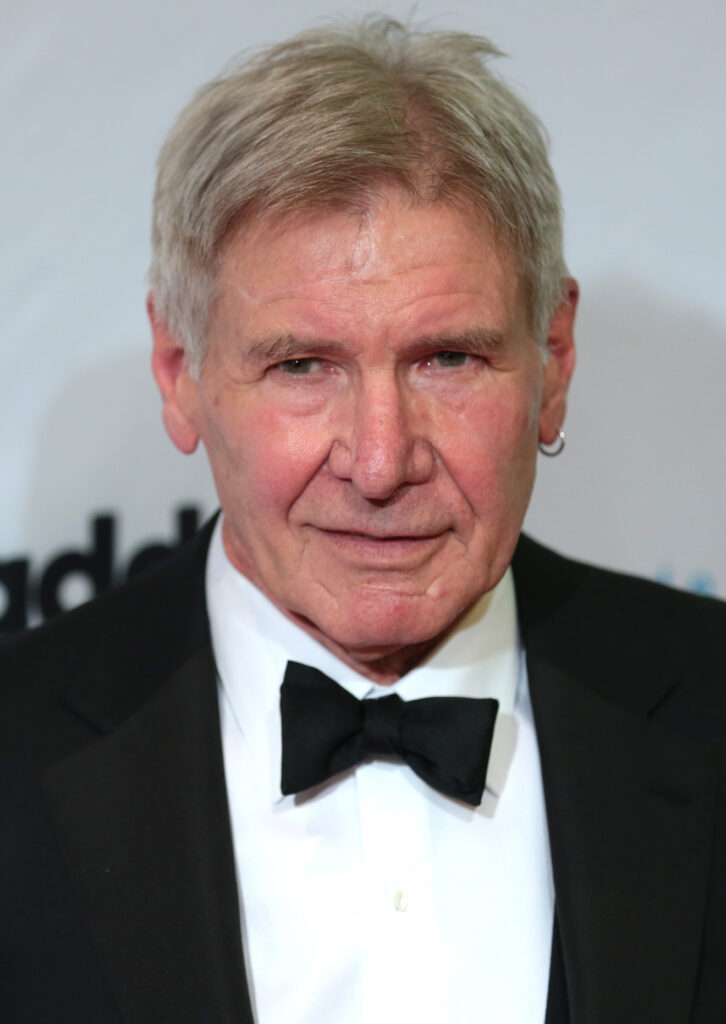
12. **Harrison Ford: From Supporting Player to Galactic Icon**And last, but certainly not least, let’s celebrate the charming, scruffy-looking nerf herder himself, Harrison Ford! While much of his astronomical fame would explode in the 80s, the 70s were the absolutely crucial launchpad for this future galactic icon. He wasn’t just cool; he literally became the embodiment of cool for an entire generation with one legendary role!
Ford first popped up in supporting, but memorable, roles in iconic films like “American Graffiti” and “The Conversation,” showing glimpses of the star power that was about to erupt. But honestly, nothing could have prepared him, or us, for the sheer, mind-blowing fame that awaited him when he stepped into the boots of Han Solo in George Lucas’s groundbreaking “Star Wars” in 1977. That’s right, the dude who would become Indiana Jones first soared into our hearts as the charismatic, roguish smuggler we all secretly wanted to be!
Han Solo wasn’t your typical hero; he was a sardonic, reluctant, and effortlessly cool anti-hero who always had a witty comeback ready. He initially cared more about money than galactic rebellion, but deep down, he had a heart of gold – the perfect blend of cynicism and charm that captivated audiences. This performance, more than any other, launched Ford into “galactic stardom” and cemented his status as a defining face of pop culture and cool for the decade.
While his biggest blockbusters, like “Raiders Of The Lost Ark,” came later, the 70s were the undeniable decade that birthed Harrison Ford’s superstardom. He became a beacon of effortless cool, a wry smile and a blaster shot away from solving any problem. His influence on what it means to be a charismatic, independent, and undeniably cool leading man is truly immense, making him a perfect capstone to our list of the 70s’ defining faces of cool and the anti-hero genre. He truly broke the mold!
Wow, what a ride through the 70s, right?! From the intense gazes of our anti-heroes to the charming grins of our cool cats, these twelve leading men weren’t just actors; they were architects of a new Hollywood, rebels with a cause who reshaped masculinity and storytelling on the big screen. They dared to be different, authentic, and utterly unforgettable, leaving us with a cinematic legacy that continues to thrill and inspire. So next time you’re settling in for a classic 70s flick, take a moment to appreciate these legends who truly defined an era and proved that being cool is all about being unapologetically yourself!



